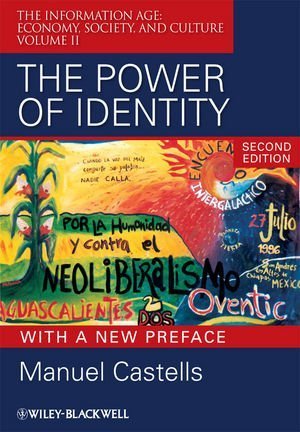What do you think?
Rate this book


Unknown Binding
First published January 1, 1997
Let us now turn to analyze the underlying trends at the root of this crisis and, it is to be hoped, at the source of new forms of togetherness between women, children, pets, and even men.
 but not by much! Fortunately the other books required look much more interesting.
but not by much! Fortunately the other books required look much more interesting.